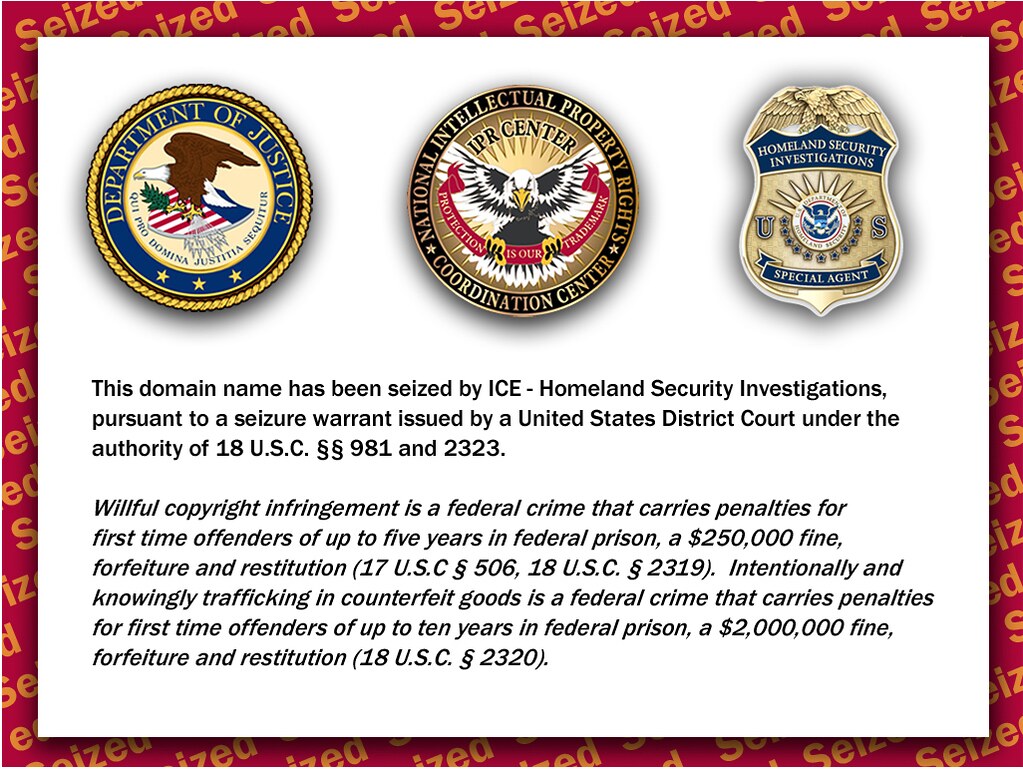When trying to protect your intellectual property from infringement, an overseas infringer is one of the most vexing legal problems. Even if the infringer is brought under the jurisdiction of the US courts via one of many long-arm statutes, the assets of an overseas infringer may be difficult to reach if a judgment is obtained. One successful solution to this problem is to freeze and seize payment accounts. Many payment processors — such as PayPal, Payoneer, and Stripe — are US-based or have US-based accounts and are, thus, directly subject to the jurisdiction of US courts. Likewise, other payment processors are large enough and conduct sufficient business in the US to be subject to US jurisdiction via the various long-arm statutes.
Freezing and seizing payment accounts creates a readily-available pool of money to satisfy a judgment for damages if the case proceeds to verdict. Likewise, freezing payment will likely bring the infringer to the negotiation table in an effort to obtain release of the monies through agreement. Further, a well-drafted Order will provide powerful tools for gathering additional information about the infringers that will be immensely useful as the case moves forward.
To freeze and seize an infringer’s payment accounts, the owner of IP — such as a copyright or trademark — must file a federal lawsuit alleging infringement and must seek temporary and permanent injunctive relief. As soon as possible after the initial Complaint is filed, the owner must then file for an emergency temporary restraining order (“TRO”). A federal court may grant a TRO if the plaintiff demonstrates the following:
- Plaintiff is likely to succeed on the merits
- Likely to suffer irreparable harm in the absence of preliminary relief
- That the balance of equities tips in favor of the plaintiff and
- That an injunction is in the public interest
See Winter v. Natural Resources Defense Council, Inc., 555 U.S. 7 (2008). To succeed on the first element, a plaintiff must show the ownership of some protected IP and must show infringing behavior by the defendant. To be successful in obtaining a TRO and freezing payment accounts, a good deal of advance planning is necessary prior to filing. Although the case is not yet at the TRO stage, a recent example comes from the case of Pearson Education, Inc. v. Doe 1 d/b/a Anything You Can Imagine, Case No. 18-CV-7380 (S.D. New York 2019). That case charged that the defendants, located in India, were selling counterfeit textbooks which infringed upon various and numerous copyrights held by the plaintiff. In the lead up to the lawsuit, the plaintiff bought several textbooks from the online stores and obtained several copies from Amazon and other online sales platforms. The books were examined and found to be counterfeit. Further, the purchase transactions were traced and payment processors and other third parties to the transactions were identified. In addition to seeking damages, the plaintiff asked the court for preliminary and permanent injunctive relief. As noted, that case is not yet at the TRO stage.
If a TRO is granted in the case of alleged infringement, the protection provided is likely to be very broad. Among other actions, the court is empowered to order the following types of relief:
- Preventing financial institutions and service providers from doing anything with the monies in the payment accounts such as allowing withdrawal or transfer of the funds, use of the monies for payments, etc.
- Freezing computer files, data, business records and other documents help by the financial institutions and service providers
- Enjoining the targets from aiding and abetting any further infringing activity
- Prohibiting the financial institutions and service providers from conducting business with the alleged infringer while the infringing behavior continues
- Ordering the financial institutions and service providers to search for additional user accounts of the defendants and provide notice of same to the court
- Requiring the TRO to apply to any newly identified user and/or payment accounts
- Ordering various information be provided on accounts (such as full contact information on the account owners including all email addresses, sales history, balance information and more)
- And much more
An example of an exemplary TRO can be found at Poof-Slinky, LLC v. ADAADA , Case No. 19-cv-9400 (S.D. New York January 3, 2020). As can be seen, a TRO that targets the financial accounts and service providers of an overseas infringer can be a powerful tool that not only freezes monies, but provides tools for uncovering necessary evidence for further prosecution of the infringement case.
If you have questions about protecting your trademarks, copyrights and other intellectual property from overseas infringers, contact the IP litigation lawyers at Revision Legal at 231-714-0100.




